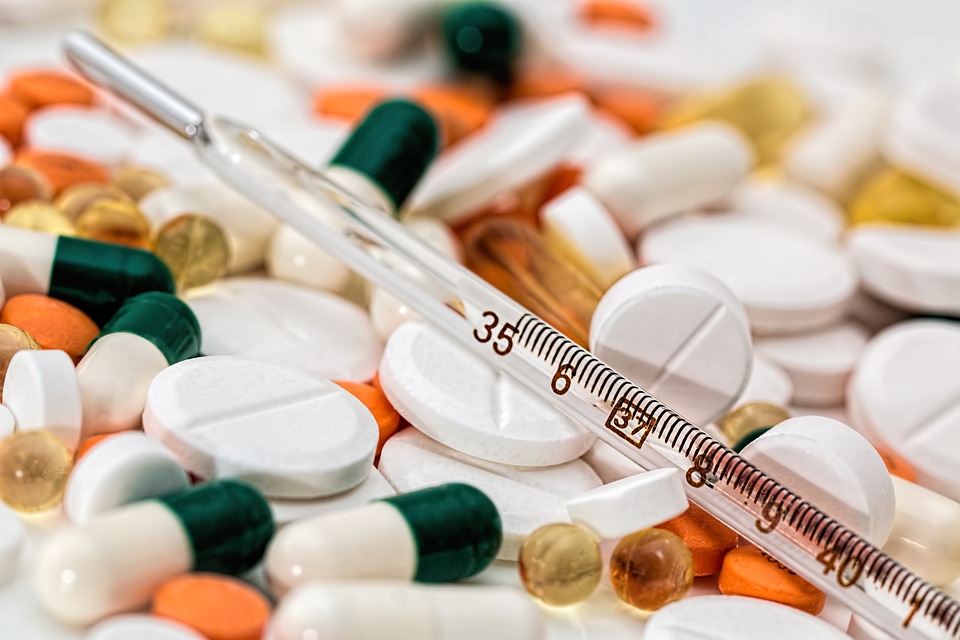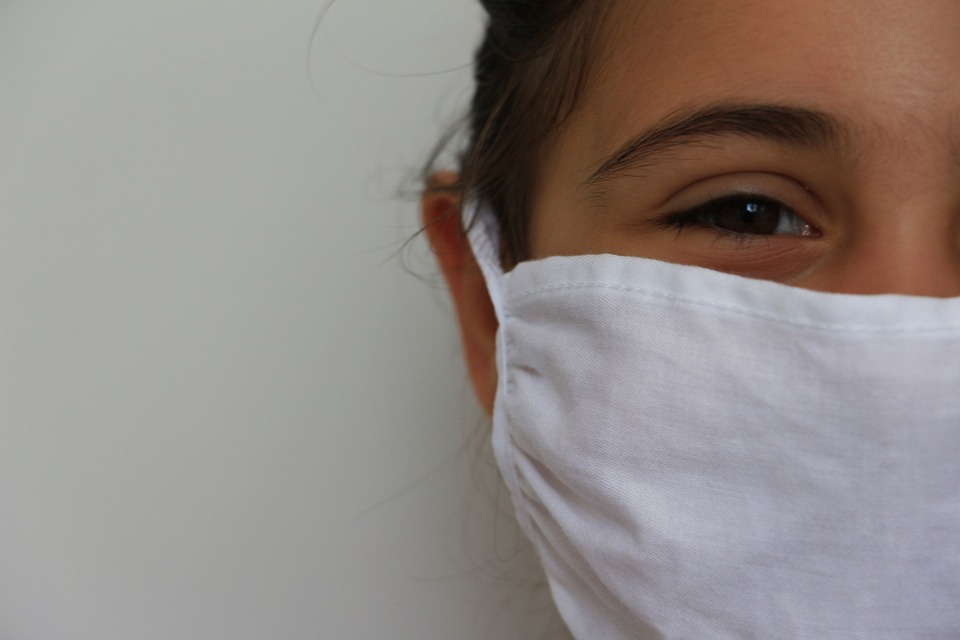Cancer is a life-threatening disease that has been responsible for millions of deaths worldwide. Although there are various treatments for cancer, immunotherapy has emerged as a promising option. Immunotherapy involves using the body’s immune system to fight cancer. However, recent research suggests that probiotics may have a negative impact on the effectiveness of cancer immunotherapy.
Understanding Cancer Immunotherapy
Before delving into how probiotics affect cancer immunotherapy, it is important to understand how immunotherapy works. Immunotherapy is a type of cancer treatment that boosts the body’s natural defenses to fight cancer. There are different types of immunotherapy, including monoclonal antibodies, checkpoint inhibitors, and cancer vaccines.
Monoclonal antibodies are laboratory-made proteins that mimic the immune system’s ability to fight off harmful substances. Checkpoint inhibitors, on the other hand, are drugs that block proteins that prevent the immune system from attacking cancer cells. Cancer vaccines are designed to stimulate the immune system to recognize and destroy cancer cells.
Immunotherapy has shown remarkable success in treating various types of cancers, including lung cancer, melanoma, and bladder cancer. However, not all cancer patients respond to immunotherapy. This has led researchers to investigate the factors that may be affecting the effectiveness of immunotherapy.
The Role of Probiotics in Cancer Immunotherapy
Probiotics are live microorganisms that are believed to confer health benefits to the host when consumed in adequate amounts. They are found in fermented foods, such as yogurt, kefir, and sauerkraut, as well as in dietary supplements.
While probiotics are generally considered safe, recent studies have suggested that they may interfere with the effectiveness of cancer immunotherapy. One study published in the journal Science Translational Medicine found that certain probiotics could reduce the efficacy of checkpoint inhibitors, a type of immunotherapy that has been shown to be effective in treating various types of cancer.
The study involved mice that were implanted with melanoma tumors. The mice were given checkpoint inhibitors and were also fed with a mixture of probiotics. The researchers found that the probiotics reduced the effectiveness of the checkpoint inhibitors, leading to decreased survival rates in the mice.
The researchers also identified the mechanism by which probiotics affect the effectiveness of checkpoint inhibitors. They found that the probiotics stimulate the production of immune cells called myeloid-derived suppressor cells (MDSCs). MDSCs are known to suppress the immune system’s ability to fight cancer, thus reducing the effectiveness of immunotherapy.
Should Cancer Patients Avoid Probiotics?
The findings of the study have raised concerns among cancer patients who are taking probiotics. While the study was conducted in mice, the results suggest that probiotics may have a negative impact on the effectiveness of immunotherapy in humans as well.
However, it is important to note that the study only looked at a specific type of immunotherapy (checkpoint inhibitors) and a specific type of probiotics. It is possible that other types of immunotherapy and probiotics may not have the same effect.
Therefore, cancer patients should not stop taking probiotics without consulting their healthcare provider. Instead, they should discuss the potential risks and benefits of probiotics with their doctor, especially if they are undergoing immunotherapy.
Conclusion
Immunotherapy has emerged as a promising treatment option for cancer. However, recent studies suggest that probiotics may interfere with the effectiveness of immunotherapy, specifically checkpoint inhibitors. Probiotics stimulate the production of MDSCs, which suppress the immune system’s ability to fight cancer, thus reducing the effectiveness of immunotherapy.
While cancer patients should be cautious about taking probiotics during immunotherapy, they should not stop taking them without consulting their healthcare provider. More research is needed to determine the specific







